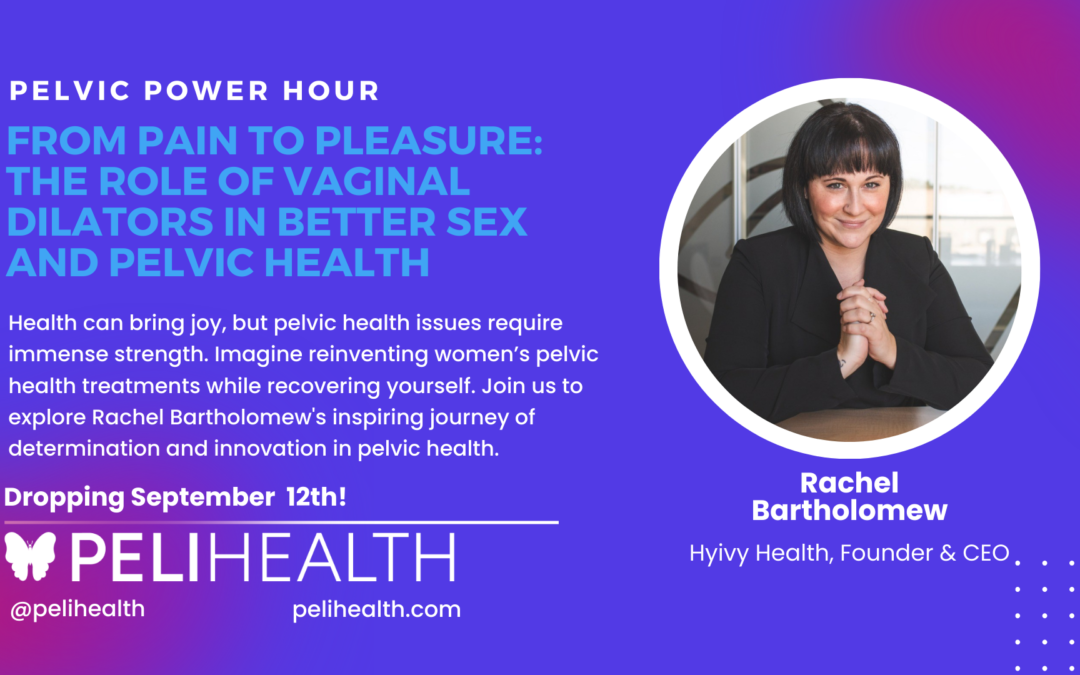The usual talks of wellness most often keep only the physical health insight. Old definitions of ‘health’ state that it is the ‘absence of illness’. However, by now, we understand that overall wellness entails much more than the mere absence of illness. World Health Organisation (WHO) defines health as a state of complete physical, mental and social well-being and not merely the absence of disease or infirmity.
Let’s consider overall wellness as a coffee table that rests on six legs. If any of these legs are out of alignment, broken, or weak, the table will be susceptible to fall as it loses its stability.
Emotional Wellness
Although often neglected, your emotions are often the foundation stone of our overall well-being. Emotional wellness entails developing a deeper insight into our feelings and mental state. It guides how we feel about ourselves, our life, how we respond and comprehend. The importance of emotional and mental health is unquantifiable, primarily since it drives our entire being. Stress, anxiety, and depression have been linked to heart diseases, hypertension, obesity, and even early death.
As women, we have a turbulent time with our emotional well-being. Emotional changes during pregnancy, post-partum depression, physical and mental changes that come with menopause take a toll on a woman’s emotional and mental well-being. Therefore, it is imperative to recognize these and seek prompt help. You can also consider practicing mindfulness through meditation, yoga, affirmations, and therapy to give your emotional wellness a boost.
Intellectual Wellness
Intellect wellness motivates us to partake in creative and mentally stimulating activities. It is a lifetime process of learning and curiosity with keen stress on education. The more we learn and educate, the more we flourish. Intellectual wellness is imperative to live a well-balanced and informed life. It can be instilled through academics, cultural and community involvement, and engaging in hobbies.
As women, being informed and knowledgeable gives us more power and authority over our lives. It helps us make better decisions about our personal life, health, and profession.
Social Wellness
The social aspect of wellness has been gaining immense popularity and is one of the strongest legs of the coffee table. Social wellness encourages us to build meaningful and supportive relationships with individuals around us. It enables us to be a part of a community and society, which further encourages communication, trust, and conflict resolution. It instills the importance of respect for others as well as ourselves. Make efforts to keep in touch with family, friends, neighbors, and colleagues. Social wellness gives us a supportive ground and provides a sense of belonging and comfort, vital for overall wellness.
Occupational Wellness
Having a job, a career can be an important channel for many to nourish your financial and occupational wellness. It can inspire a sense of worth and purpose in an individual, which aids them to take better charge of their life. For many women, occupational wellness forms the core of their being and self-confidence. It gives them the freedom to choose, which in turn develops overall wellness. The occupational dimension of wellness stresses personal satisfaction and better one’s life through work. Your choice of profession, career goals, job satisfaction, and personal expectations are crucial to overall well-being. Make conscious efforts and figure out what you truly love and enjoy doing, which also pays well to boost your occupational wellness.
Environmental Wellness
This leg of the coffee table considers the environment you live in as it plays a massive part in your and your family’s overall development. It can play a role in how you commute to work, the schools in the locality, how you spend your time outdoors, the community, and your living situation. It also considers the impact of pollution on the environment in which you breathe. A good environment is conducive to overall wellness as it promotes physical and social wellness. It involves respecting the environment and making conscious efforts to ensure a clean and safe space for everyone around.
Physical Health and Wellness
Physical wellness encompasses our ability to maintain a quality of life that allows us to function at optimal levels during our daily activities without an inordinate amount of fatigue or physical stress. Physical wellness includes habits and behaviors conducive to overall well-being like physical activity, nutrition, sleep schedules, and regular health checks.
As women, our body goes through a plethora of changes during our life. The hormonal ups and downs during menarche, pregnancy, and menopause can wreak havoc on our physical well-being.
Incorporating 30 minutes of physical activity a day, improving nutrition, and getting 7-8 hours of sleep are key to ensuring a good quality of life. Practicing safe sex and contraceptive methods also form a crucial aspect of maintaining physical wellness. Learning to recognize any warning signs of physical illness, following up with your doctor, and scheduling regular health check-ups ensures you are at the top of your physical wellness.
There is an aspect of physical wellness for women that is often missed: pelvic care. Many women acknowledge this aspect only when they begin to see signs of distress and illness below the belt, and by this time, it is often late. Millions of women worldwide suffer from pelvic floor disorder, and most often, they suffer in silence. Pelvic care is an enormous part of a woman’s overall wellness but is often ignored.
Elana is a pelvic care management platform on a mission to reduce the stigma and silence around pelvic care and disorders. We understand a women’s unique pelvic anatomy needs better care as they are more susceptible to pelvic care disorders. After all, pelvic care is self-care, and self-care is what promotes overall wellness.


